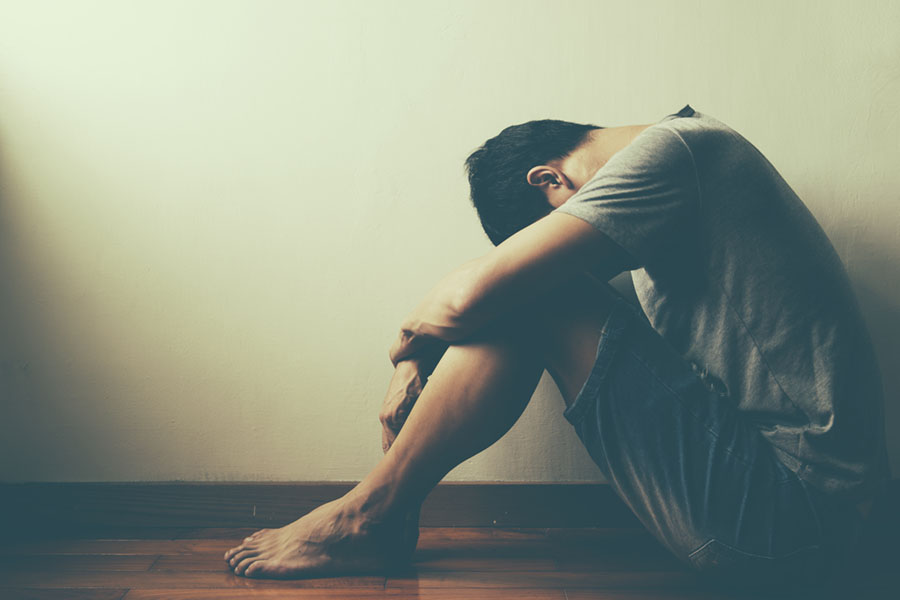
Assessing Adolescent Mental Health
Prevent the Assessing Adolescent Mental Health by Profit-Hungry Drug Makers.
Assessing adolescent mental health is really big business. When kids and teens are placed under a screening program, drug sales rocket.
Twenty-four percent, maybe more, of the kids screened are placed on drugs.
TeenScreen is one program used to get a psychiatric diagnosis “service” ensconced into every community.
Running a “suicide survey” on kids, it’s just a way to refer more to psychiatric care and get them on dangerous drugs.
Luring young children, as young as nine years old, into taking the survey with gifts, the program intends to screen every American child.
Using a covert method called “Passive Consent,” TeenScreen is increasing the numbers surveyed.
Passive consent consists of sending a notice home with the child, and if it isn’t returned, it’s considered approved.
With this treacherous method of obtaining consent, TeenScreen officials are boosting their opportunities. And of course, the more kids who can be found that are “mentally ill,” the more can be prescribed drugs.
Assessing the mental health of adolescents is big business for the psychiatric and pharmaceutical industries.
It means more profits in drug sales, it means more people committed to the mental health arena.
But the “mental illnesses” diagnosed have no x-ray, blood test or brain scan to support them, it’s even more of a fraud.
The Lies in Assessing Adolescent Mental Health
The lists of “mental diseases” are simply a list of behaviors.
These are voted into existence by the psychiatrists, who determine what goes into their Diagnostic and Statistical Manual of Mental Disorders.
None are subjected to any tests with actual evidence presented. They are based purely on subjective analysis.
When the kids are tested for these non-existent maladies, such as Social Phobia, Obsessive Compulsive Disorder or Panic Disorder, the questions used are so general as to be ludicrous.
They are asked if they ever felt they couldn’t do something well or if they ever felt they weren’t as good-looking as others.
Children, who go through the ups and downs of living with more energy than most, are asked how many times their parents got annoyed or upset with them because of how they were acting or feeling.
What child has not at some time worried “a lot” before they went to play a sport or other activity? Trick questions, to be sure!
By asking a lot of questions as to whether or not they ever thought about suicide or if they ever tried it, children are now aware of the subject, and perhaps can gain some extra attention by thinking about it or even attempting it.
After all, these adults seem quite interested in the matter, and it holds some importance.
By assessing adolescent mental health, the psychiatric profession along with their bed partners of the drug manufacturers are conducting a great fraud on the American public and our future generations.
TeenScreen would like us to believe child suicide is on the rise, but it has in fact declined over the last ten years.
Parents Unite!
Don’t allow the programs intent on assessing adolescent mental health gain in momentum. It’s something that is in need of elimination from our society.
We can’t stand by and let the psychiatrists dictate to us what is best for our children. This is particularly true since it’s a lie and only creates a drugged society.

 My First Amazing Ayahuasca Experience
My First Amazing Ayahuasca Experience  Pine Needle Tea
Pine Needle Tea  The REAL Controllers of Humanity: The Papal Bloodlines
The REAL Controllers of Humanity: The Papal Bloodlines  Is it Global Warming or Cooling?
Is it Global Warming or Cooling?  Gun Rights and Obama Examined
Gun Rights and Obama Examined